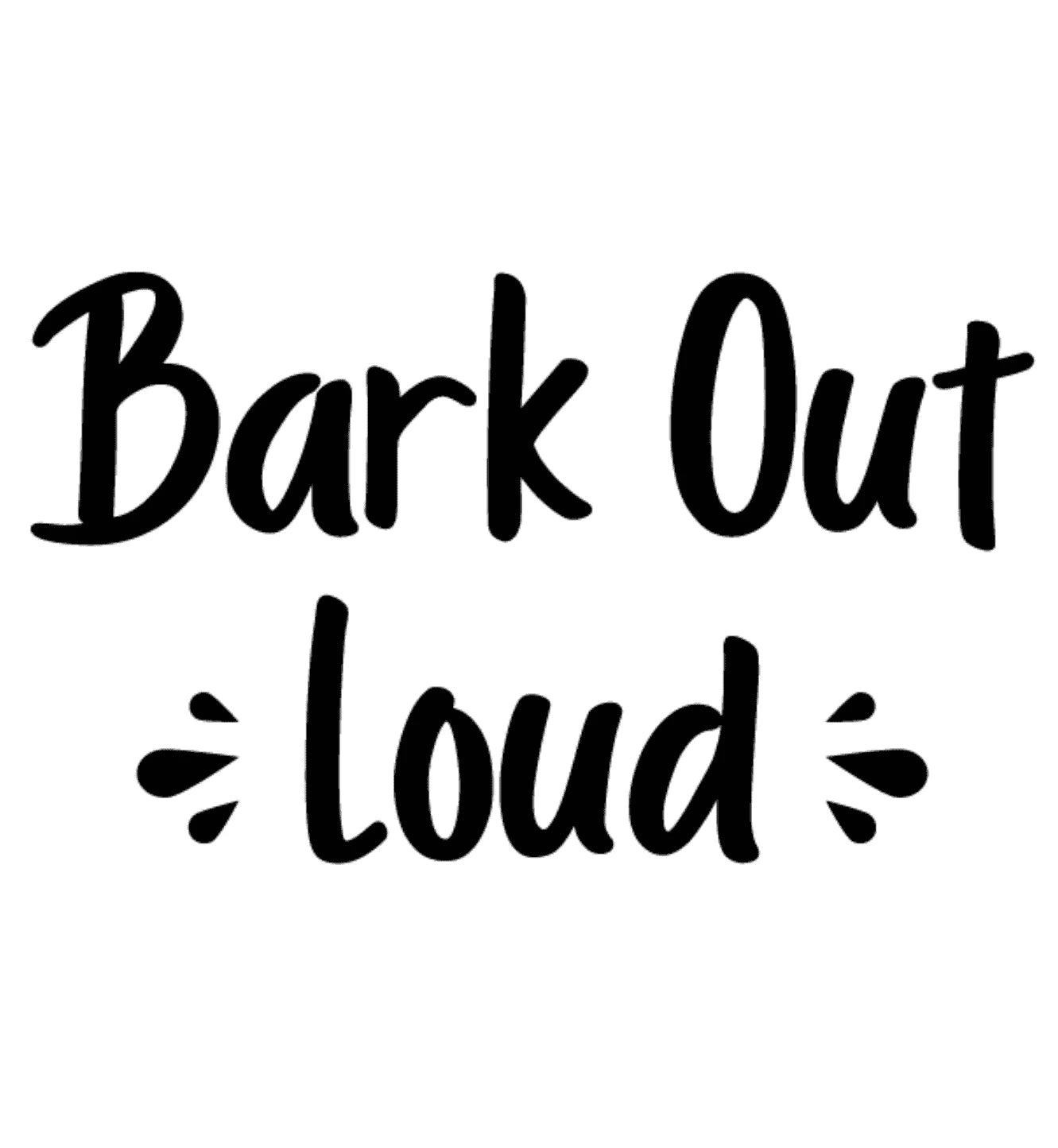Foods to Avoid Feeding Your Persian Cat: A Vet’s Guide
Persian cats are among the most elegant and beloved feline companions. With their luxurious
coats, affectionate personalities, and regal demeanor, they hold a special place in the hearts of
their owners. These majestic felines often behave like royalty, expecting only the finest
treatment, and their food preferences reflect their refined tastes. However, owning a Persian
cat also comes with unique responsibilities, especially when it comes to their diet. These
felines can be quite picky eaters, and their sensitive digestive systems require careful
attention to food choices. While many pet owners focus on finding the best cat food for
Persian cats, it’s equally important to know which foods to avoid to keep your fluffy
companion healthy and happy.
Many cat owners mistakenly believe that dairy products, such as milk and cheese, are safe for
their pets. It’s a common image—the classic cat lapping up a bowl of milk—but in reality, Persian cats, like most felines, are lactose intolerant. Consuming dairy can lead to digestive upset, causing diarrhea and stomach discomfort. Instead of milk, always provide fresh water or specialized cat-friendly alternatives if your Persian enjoys a treat. Another common misconception is that raw fish and meat are suitable for cats. In reality, uncooked fish and meat can contain harmful bacteria like Salmonella and E. coli, leading to food poisoning. Raw fish also contains an enzyme called thiaminase, which breaks down thiamine (vitamin B1), potentially causing neurological issues in cats.
Onions, garlic, and chives are highly toxic to cats. Even in small amounts, these foods can
damage red blood cells and cause anemia. Whether raw, cooked, powdered, or included in food seasonings, they should never be part of your Persian cat’s diet. Chocolate and caffeine-containing products are also dangerous, as they contain theobromine and caffeine, which can lead to rapid heart rate, tremors, seizures, and, in severe cases, fatal consequences. Similarly,grapes and raisins have been linked to kidney failure in cats, even in small amounts.
Symptoms such as vomiting, lethargy, and decreased urine production may occur, making it essential to keep all dried and fresh grapes out of your Persian cat’s reach.
Some cat owners might think that feeding dog food occasionally is harmless, but it lacks
essential nutrients that cats need. Cats require taurine, an amino acid found in proper feline nutrition but absent in dog food. A lack of taurine can lead to heart disease and vision problems over time. Fat trimmings and bones should also be avoided, as excess fat can contribute to obesity and pancreatitis, while bones (especially cooked ones) pose a choking
hazard and risk of intestinal injury. Another hidden danger is artificial sweeteners like xylitol,
found in sugar-free gum and some baked goods. While more dangerous to dogs, xylitol can
still cause insulin spikes, leading to hypoglycemia (low blood sugar) and liver failure in
felines.
Raw dough, particularly yeast-based, is another food to avoid. It can expand in the stomach,
causing bloating and severe digestive distress. Additionally, excessive treats and human food
can lead to obesity and nutritional imbalances. Persian cats are naturally less active than some
other breeds, often preferring lounging over playful antics, so weight gain can become a real
issue if their diet is not carefully managed. It is always best to choose the best cat food for
Persian cats to ensure they receive the right balance of nutrients and maintain a healthy
weight.
To keep your Persian cat healthy, prioritize high-quality, protein-rich cat food that supports
their unique needs. Look for food specifically designed for Persians, with a focus on high
protein content such as chicken, turkey, or fish, omega fatty acids for skin and coat health,
easily digestible ingredients to prevent stomach issues, and proper kibble shape to
accommodate their flat faces and aid in chewing. Hydration is equally important, as Persians
are prone to kidney issues; providing wet food or ensuring they drink enough water can help
prevent long-term health problems.
As a Persian cat owner, your feline companion relies on you to make the best decisions for
their health and well-being. While they may beg with their big, expressive eyes for a taste of
your meal, resisting the temptation to share is an act of love. By avoiding harmful foods and
selecting the best cat food for Persian cats, you ensure your feline companion enjoys a long,
healthy, and happy life. Always consult your veterinarian before making significant dietary
changes, and keep a close eye on what your Persian cat consumes. A well-balanced diet,
combined with regular grooming and affectionate care, is the key to their well-being and
happiness.








